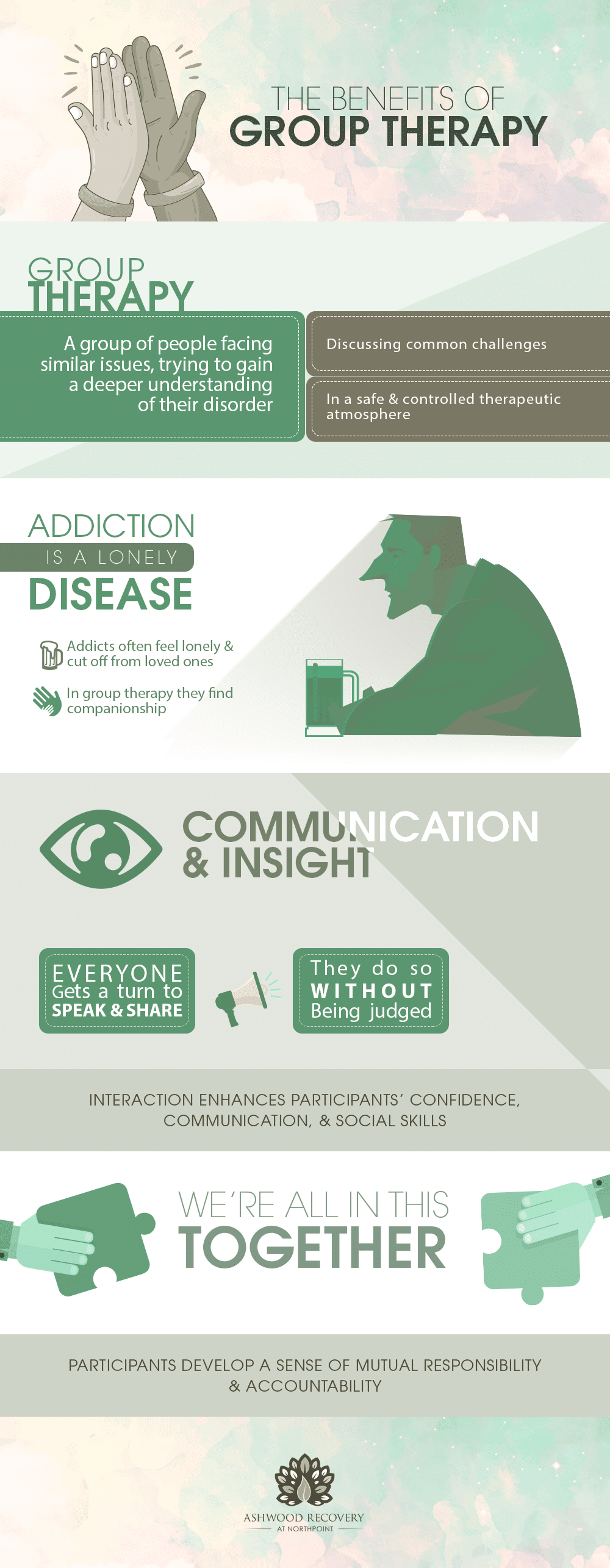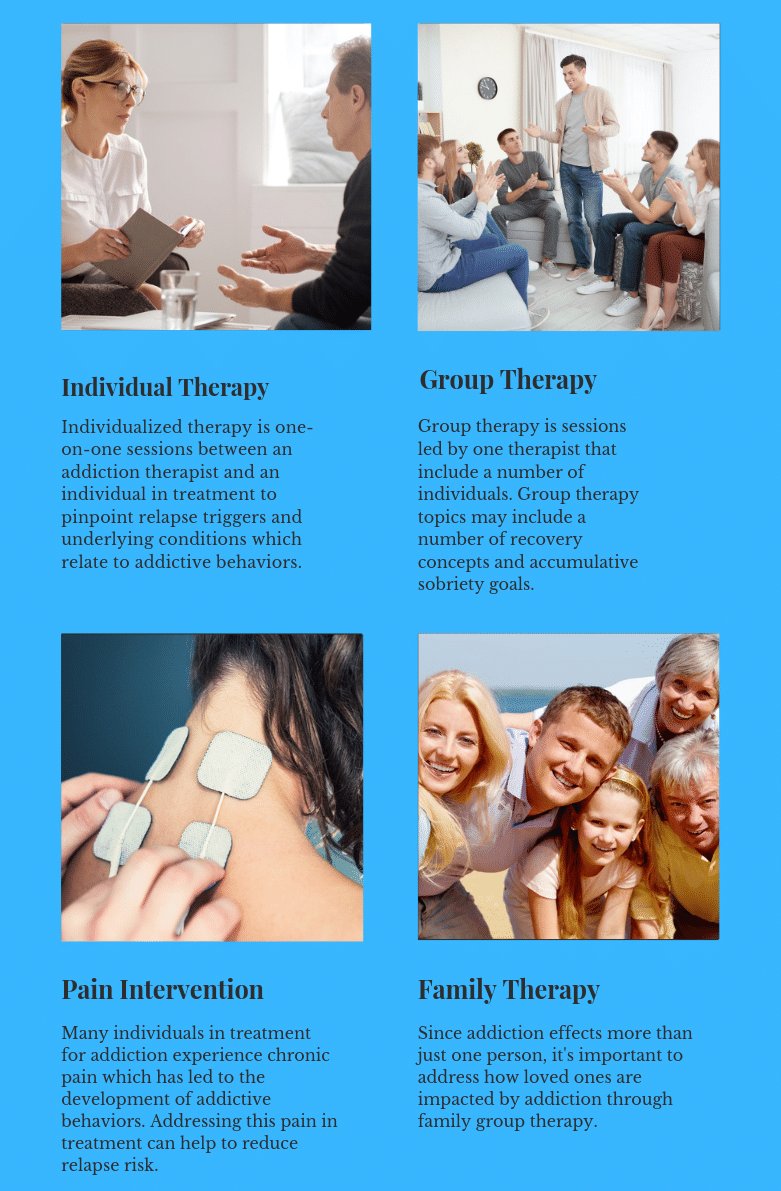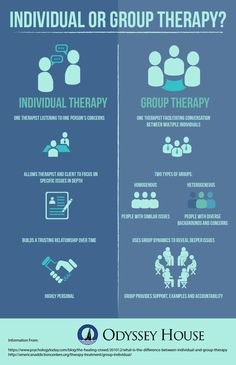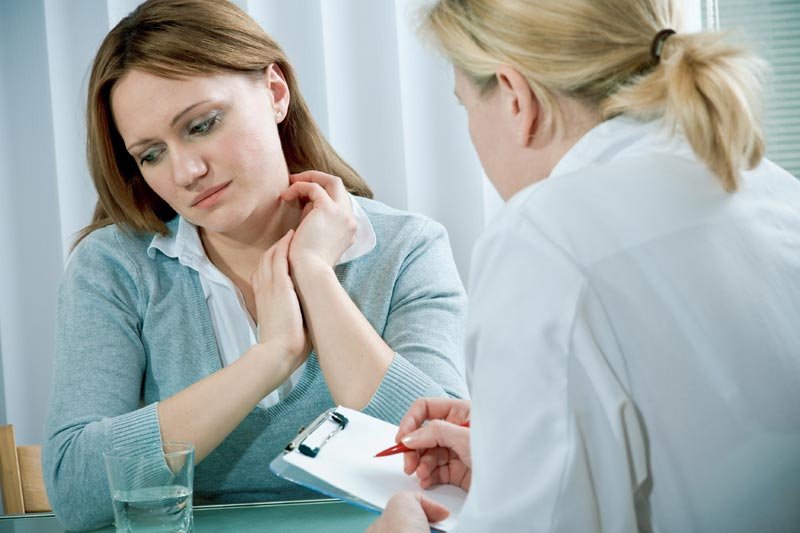Is Therapy Really Effective In Helping Addicts? As addiction to drugs and alcohol becomes more common, there is a need to look for effective treatment options. Ideally, a holistic approach that combines medication with therapy is recommended to ensure that the patient comes out clear and does not go into relapse. This can be a long process that requires stringent adherence to the program along with great dedication and will power.
These factors are important because the patient not only has to manage cravings, but also avoid relapse. Even though therapy is regarded as the mainstay of a rehab program, there are still questions related to its efficacy for helping addicts in the long run. We’ve compiled a list of therapy options to help you understand which might be the most effective option for you or your loved ones.
Counseling
Drug and alcohol addiction is much more than just physical dependency on these substances. Even after detox, there are chances that you may go into relapse. Further, certain social and psychological factors elevate the risk manifold. Stress, bad company, and environmental cues can lead to temptation and relapse. Good counseling support, on the other hand, strengthens your will power and enables you to fight the urge to give in and start using the substance again.
Group support
While counseling takes an individual approach, group therapy gets you connected with peers who can support you during rehab. At the same time, there will be a group counselor to guide and motivate you all the time. The idea is to cultivate a motivational attitude that gets you on a path to recovery. A support group is a great place as you get connected with people going through similar experiences, which means that they can relate with you and help you cope with the situation in a better way.
Couples and family therapy

While peer support and motivational groups are considered helpful for addicts, you cannot ignore the role of partner and family support. Moreover, they need to be a part of the rehab program because they will probably be affected as much as you are. Under this therapy, your partner and family members are counseled about the ways to nurture relationships and help you get rid of the habit. Support at home improves your chances considerably as your family makes you stick to the program and ensures that you adhere to its guidelines.
Cognitive behavioral therapy
Also known as CBT, this therapeutic treatment enables you to recognize the situations, thoughts and moods that trigger cravings and push you towards addiction in the long run. Once you are able to discover these triggers, dealing with them becomes easier. In fact, you can completely avoid them and minimize your chances of becoming addicted once again. A professional therapist can help you with this technique, from understanding your triggers to avoiding them and replacing the negative thoughts with healthy ones.
Medications and follow-up
Even though counseling and support are critical elements of recovery, you cannot ignore the role of medications. Several drugs have proven efficacy for helping addicts and most of the treatments are designed to clear the addict safely and easily. For instance, TSM Alcohol Treatment aims to detox an alcohol addict without the need to quit drinking altogether. The concept behind this treatment is to reduce the craving and drive the patient towards moderation rather than complete abstinence. Besides being in touch with a specialist for guidance on medications, you can also seek regular follow-up and tests to ensure that you are doing everything right.
Rehabilitation therapy
A rehabilitation program is a specialized strategy that enables people to get rid of the addiction for good. Such programs may be residential or outpatient. If you opt for residential treatment, you will have to stay in a special facility for an extended period, usually a few weeks to a few months. The purpose is to get away from the habit and put you under professional supervision. Outpatient programs, on the other hand, require you to spend time with a specialist on an outpatient basis, generally a few hours in a day.
Holistic therapy
This is a form of treatment which revolves around a balanced lifestyle. In fact, the holistic approach has emerged as a popular one in the last few years as practitioners and rehab centers have recorded success with it. Essentially, it combines holistic healing therapy such as meditation, spiritual healing, energy healing and acupuncture with medication, counseling and other therapies. As patients embrace a healthier lifestyle, they are able to counter addiction and prevent relapse.
Addiction is a multi-faceted problem that does not have a single, effective treatment. Rather, it can be treated effectively with a comprehensive approach that focuses on a combination of medications, counseling, behavioral therapy, motivation and willpower. The best way to proceed is by partnering with an expert who can devise a strategic plan that brings fast and effective results.
Related Videos about Is Therapy Really Effective In Helping Addicts :
How to stop a drug addiction FOREVER: #1 Real cause of addiction revealed
Transcending addiction and redefining recovery: Jacki Hillios at TEDxBoulder
How Gene Therapy Could Revolutionize Addiction Treatment
Interpersonal Group Therapy for Addiction Recovery Demonstration
Jordan Peterson – How to treat addiction effectively
https://www.youtube.com/watch?v=OyOnKZZ87mE
How effective is drug addiction treatment
Related Infographics about Is Therapy Really Effective In Helping Addicts :





Is Therapy Really Effective In Helping Addicts?
addiction therapy techniques, psychotherapy for addiction, method of counselling a drug addict, addiction therapy definition, types of addiction therapy, counselling for drug abuse, drug addiction counseling techniques pdf, addiction therapy methods,




